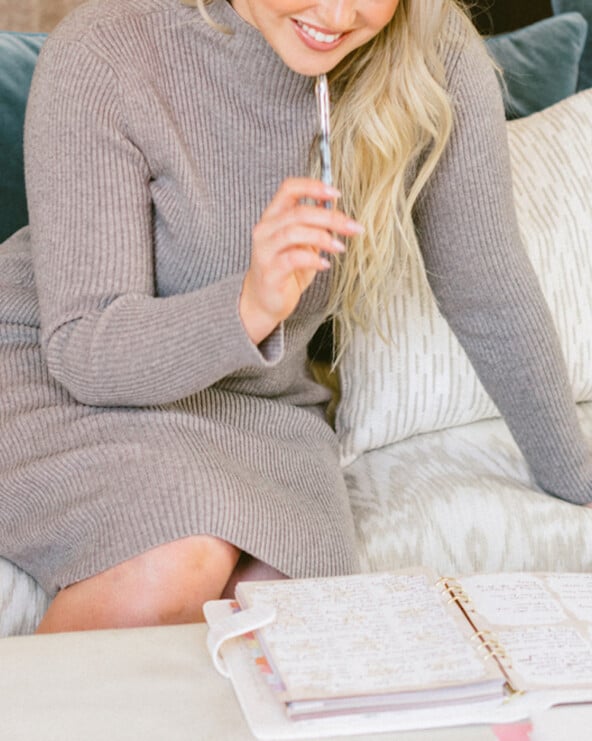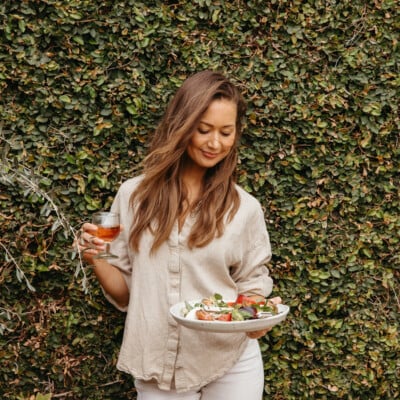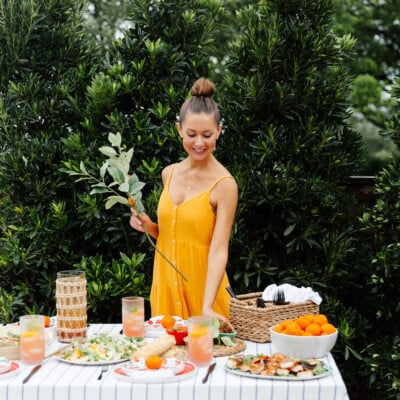Elizabeth Buckley is a Licensed Professional Counseling Intern & Licensed Marriage and Family Therapist Associate based in Austin (under the supervision of Juliane Taylor Shore LPC-S & LMFT-S.) Her areas of focus include relationships and anxiety + depression in adults and teens under the guidance of a neuroscience-informed lens. Follow her work or book a consult at @eab.therapy.
From a very young age, I was indirectly taught romantic love was black and white. It was either a movie kind of love, like late-night-chat, Casablanca, When Harry Met Sally kind of love. Or it was destructive, like late-night-fight kind of love. The I’m leaving. I hate you. It’s over. kind of love. As a child living in one reality while watching and longing for the other, the complexity of it all was erased. It felt one dimensional and simple: I’m here and completely with you, or I’m gone and I’m not.
I didn’t understand there was an in between — the gray where anger does not demand love’s demise; where sitting with the hurt and holding it together can bring you back to one another, make you better for each other. No. Instead, I learned romantic love was fleeting and unreliable. Whether or not I wanted them, those messages slipped in and sunk into hushed parts of my heart I couldn’t hear yet.
It came out a lot in later years, when I tried to step into love — try it on like a sundress — only I found it fit more like a corset, constricting and hard. I was most comfortable in relationships that reflected that: harsh and cold with little commitment; relationships where I was not invited to take up a lot of space. For a while, I felt safest here, in the “stay small” kind of way that thinks it’s saving you from confrontation and conflict, but does so at the expense of your miraculously expansive self. This version of love never worked. It always fell apart, like oil and water drifting back into themselves.
It seems the greatest teachings of these attempts were the impossibility of deep connection when prioritizing others over myself, my wants, my needs… The impossibility of partnership when one heart is the only heart tended to. The black and white love I learned and led with brought me to partnerships that mirrored its facile philosophy and suffocated the very thing I was after.
When I opened up romantic love and looked inside with a more curious heart, I didn’t see dichotomy; I saw moving parts and complexity. I don’t claim to be any expert on romantic love, but I do often help people find their way through it in my work as a therapist.
From my own personal experiences, my work with clients, and my witnessing of others, the understanding I keep coming back to is that we have to be with love as we would any living thing with roots or a heart: We have to be attuned in order to take care.
We have to be listening to know what to do next. Like love itself, my knowledge of it all is fluid and changing and challenged by my own experiences of coming together and falling apart. Here is what I’ve learned so far:
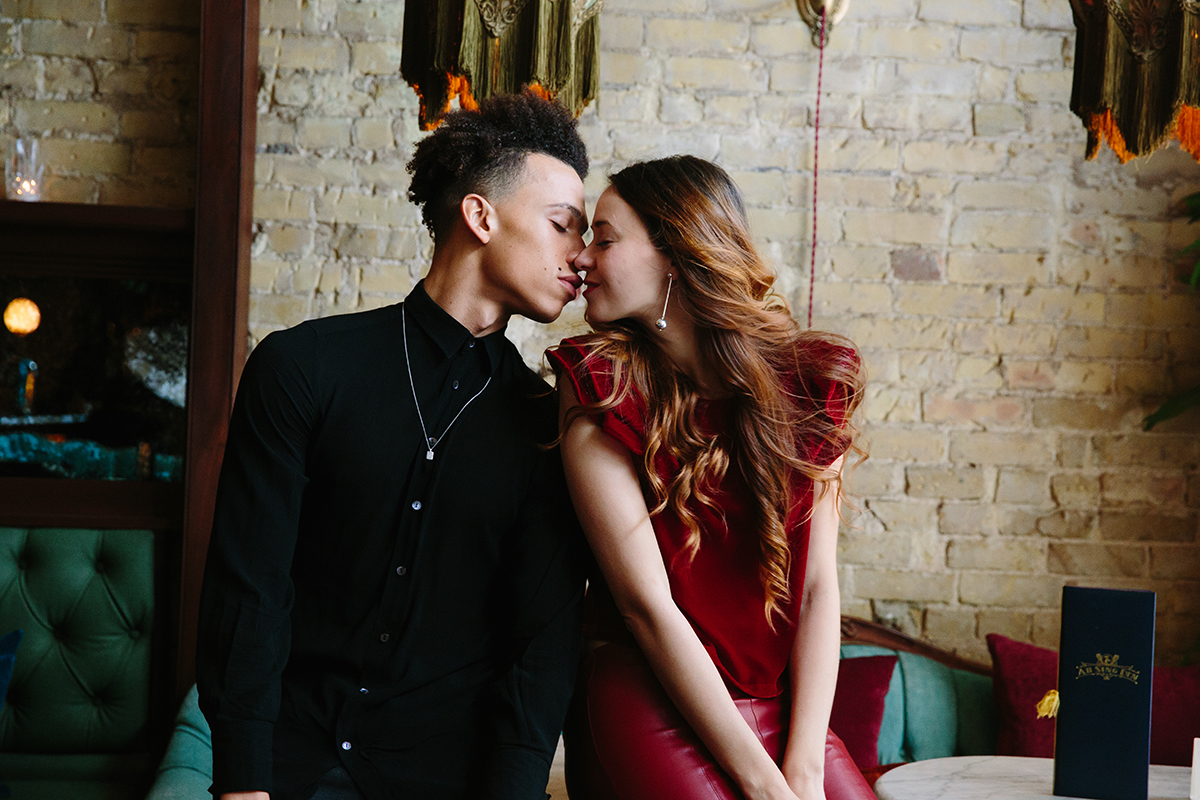
photo by wynn myers
When You’re Falling in Love.
Being vulnerable in a relationship does not equate to being burdensome. Deep connection is meant to relieve you, not add to the weight you carry. Allow the parts of you that feel like a burden to rest.
Loving someone else does not entail self-sacrifice. Autonomy is essential for sustained attraction.
It’s okay not to know what to do next. You are not lost here, you are looking. Do not neglect the nectar of noticing; It becomes the honey.

photo by kristen kilpatrick
When You’re in It.
Relationships aren’t about “becoming one”. Instead, they’re about individuals turning toward each other and being connected while remaining anchored in the self. This allows for attunement without engulfment. This allows for connection without entrapment. It allows for a shared experience.
You are NOT a shield for other people to protect themselves from the discomfort of their own experience. When we become shields for other people against their own pain, we become the targets for their disowned emotion. Sitting beside or with people while they’re hurting is different than keeping them from it.
Meeting emotion with logic is the antithesis of emotional attunement. Be mindful of moments where you are asked to do heart listening over logic listening. Heart listening can lead to the root of understanding.

photo by kristen kilpatrick
When You’re Breaking Up.
Your pain is a better teacher than the parent or person who taught you it was something to be afraid of. Have compassion for yourself as you practice a new way of being with it.
You are not made less by seasons of headache and heartbreak. You are made whole by them.
Sometimes there is still more left to learn from the things we cannot let go of yet. Be with them with a curious mind and heart. That will be the way to release them if it’s what we choose to do.
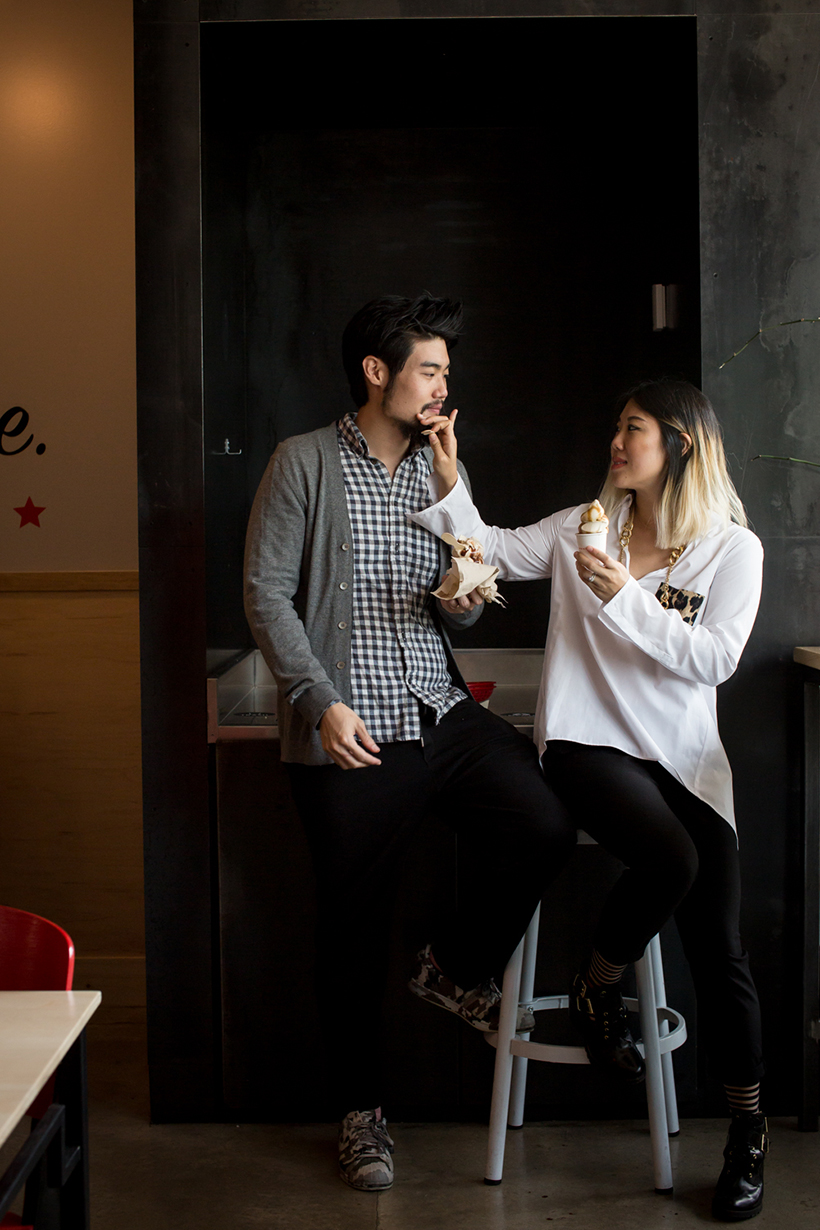
photo by melanie grizzel
When You’re Coming Back Together.
Then, the coals cool and the smoke parts while our insides soften and unfold, quietly. I know this feeling too: the sensation of an invitation to rebuild. It starts with heart-tillage and a one-step-at-a-time type shuffle toward the bud that yields the bloom. Be easy. Be patient.
Love is felt and love is also learned. It’s not about showing up on days when we’re enamored and abandoning on days when we’re not.

photo by kate zimmerman turpin
When You’re Single or Spending Time Alone.
There’s nothing like the pain of love unrealized, unreciprocated. But there’s also nothing like the freedom of your big, open life ahead.
Stoke the embers of your soulfire first. The want starts there.
The truth of taking care starts with ourselves as the seeds at the center… so that we can lend love to others without losing touch with the roots of our limits.
Our present, individual self is a confluence of stories coming together, like rivers. How do you want them to feed your ocean?

